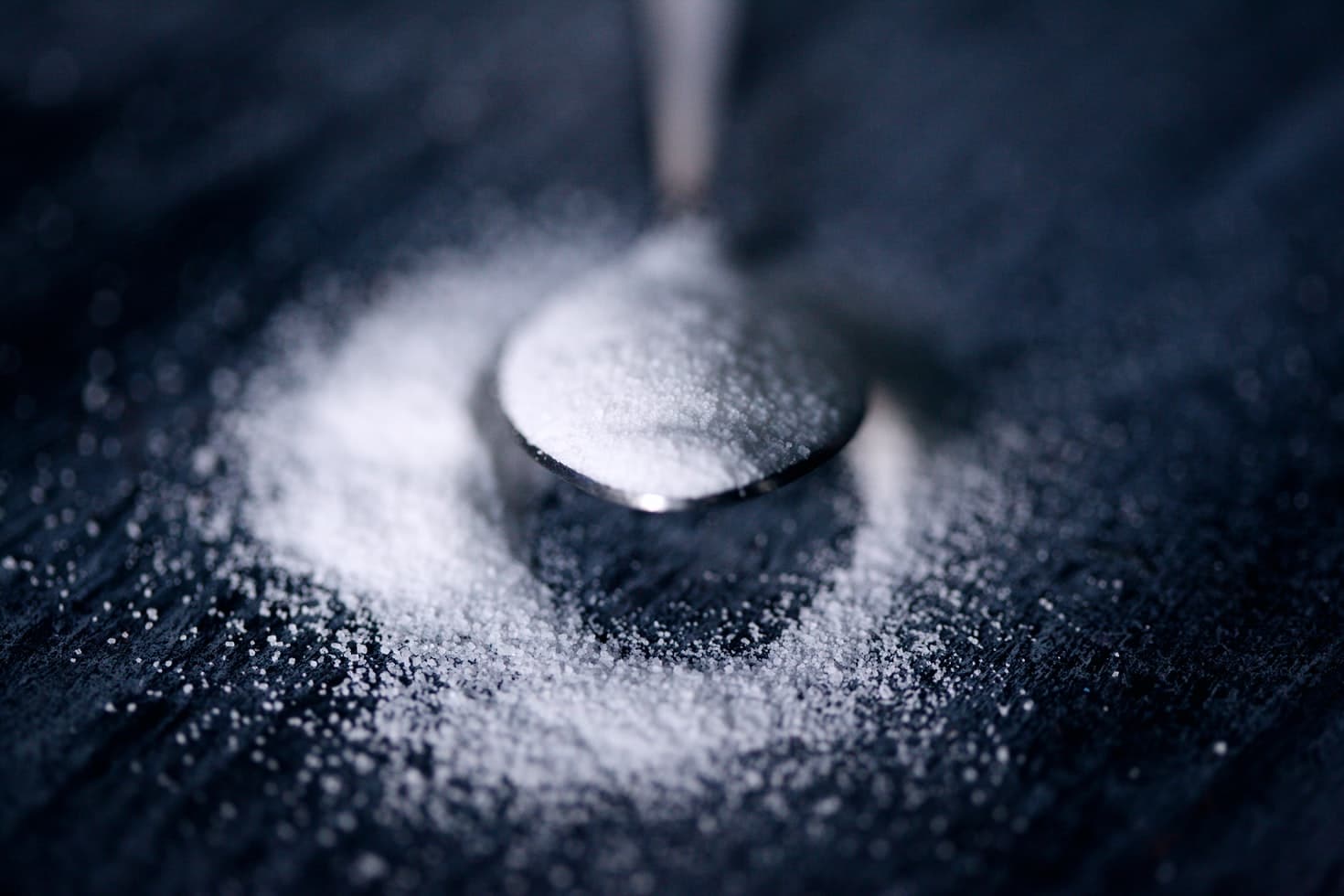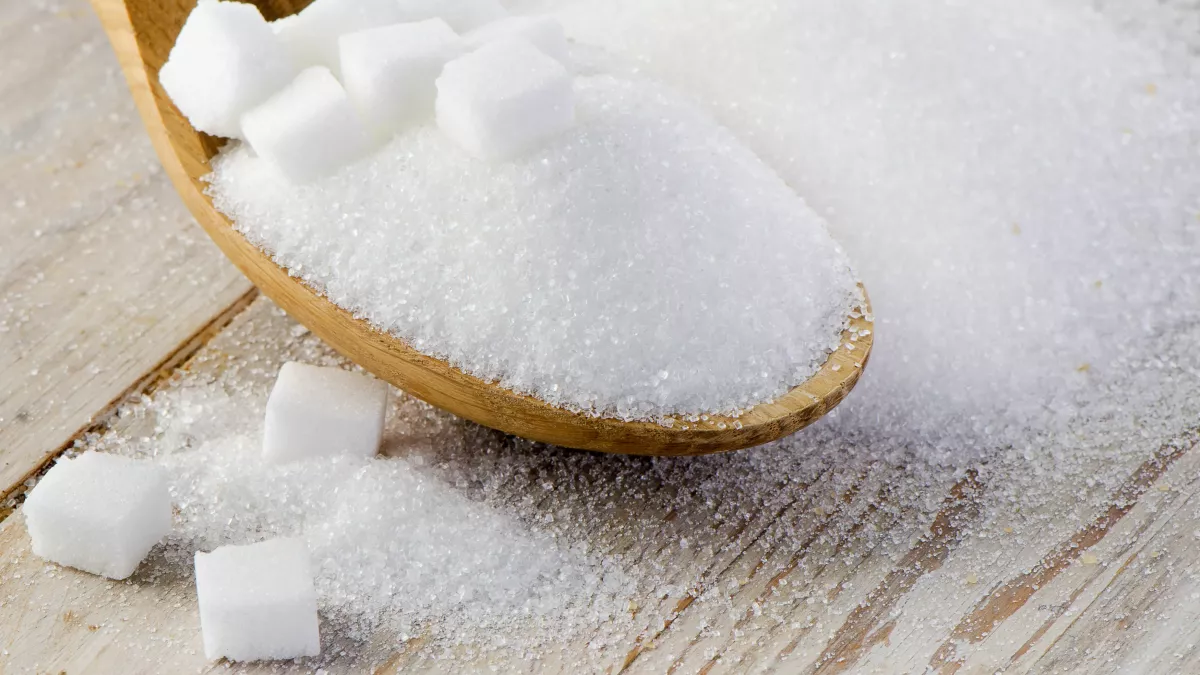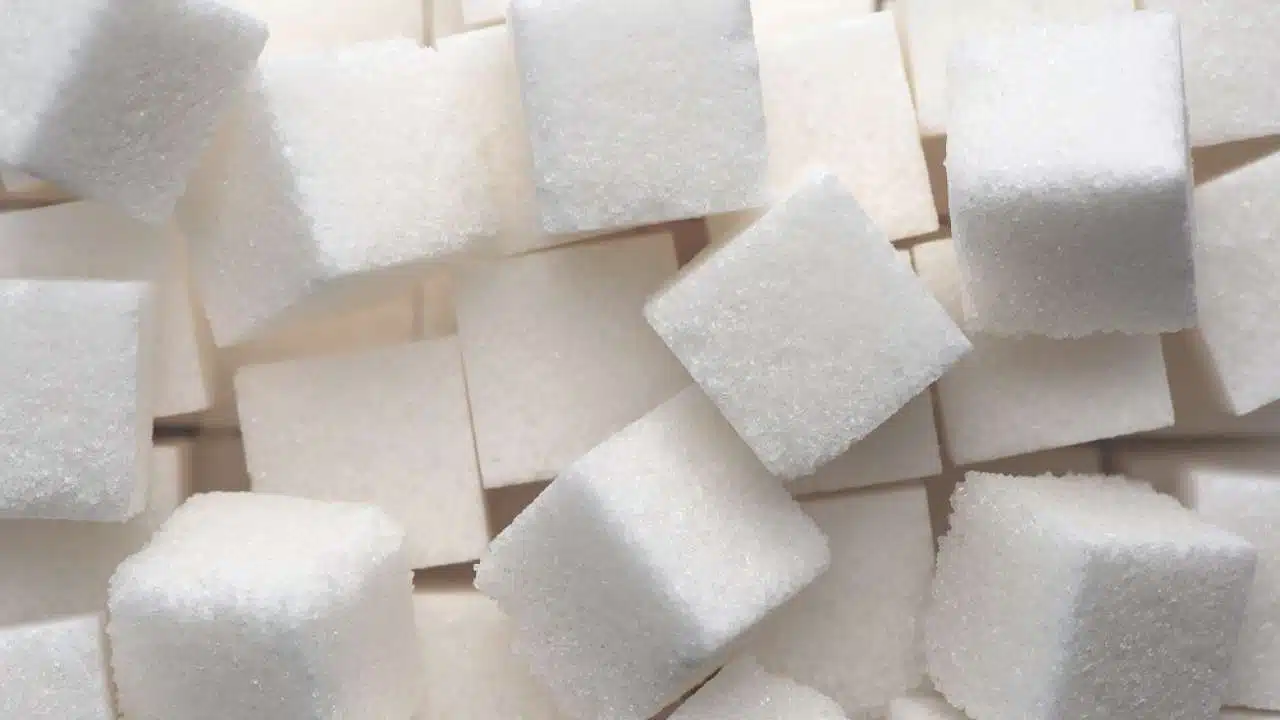How Much Does A Sugar Cube Weigh? Unveiling The Sweet Mystery
Ever wondered about the weight of a sugar cube? Well, buckle up because we're diving deep into this sweet little mystery. Sugar cubes might seem insignificant, but they play a crucial role in our daily lives, whether it’s sweetening your morning coffee or adding a touch of sweetness to your favorite desserts. Let's break it down and find out just how much these tiny cubes weigh.
Sugar cubes, though small, are packed with history and utility. They’ve been around for centuries, evolving from simple blocks of sugar to the neatly shaped cubes we know today. Understanding their weight isn't just about curiosity; it's about appreciating the precision that goes into something so seemingly simple.
From baking recipes to scientific experiments, knowing the exact weight of a sugar cube can make all the difference. So, let's get started on this sweet journey and uncover the truth behind these delightful little cubes.
- What Are The Xmen Movies A Comprehensive Guide To The Mutant Marvel Saga
- Jerome Fleece Johnson The Rising Star In Modern Fashion
What Exactly is a Sugar Cube?
A sugar cube is essentially a small, cube-shaped piece of sugar. It’s made by compressing granulated sugar into a mold, often with the help of a binding agent to hold it together. These cubes are not only convenient but also add a touch of elegance to any beverage or dessert.
Historically, sugar cubes were invented in the 19th century by a Czech sugar refinery owner named Jakub Krystof Rad. He created them to solve the problem of transporting and using large blocks of sugar. Since then, sugar cubes have become a staple in kitchens worldwide.
The Weight of a Sugar Cube
So, how much does a sugar cube weigh? On average, a standard sugar cube weighs about **4 grams**. However, this can vary slightly depending on the manufacturer and the method of production. Some sugar cubes might weigh a bit more or less, but 4 grams is the generally accepted average.
- Unveiling The Truth Marie Dee Height And Her Remarkable Journey
- Where Is Fleece Johnson From A Deep Dive Into The Origins Of A Rising Star
Factors Affecting the Weight
Several factors can influence the weight of a sugar cube:
- Size: Larger cubes naturally weigh more than smaller ones.
- Compression: The pressure applied during the manufacturing process can affect density and, consequently, weight.
- Ingredients: Some sugar cubes contain added ingredients like flavorings or coloring, which can alter their weight.
Why Does the Weight Matter?
The weight of a sugar cube matters more than you might think. In cooking and baking, precise measurements are crucial. Whether you're following a recipe that calls for a specific amount of sugar or conducting a scientific experiment, knowing the exact weight of a sugar cube can make all the difference.
Applications in Cooking
In baking, sugar cubes can be used as a quick and easy way to measure out sugar without needing a scale. For instance, if a recipe calls for 20 grams of sugar, you can simply use five sugar cubes instead of measuring it out. This convenience makes sugar cubes a favorite among home cooks and professional chefs alike.
History of Sugar Cubes
The history of sugar cubes is as fascinating as the cubes themselves. Before the invention of sugar cubes, sugar was sold in large blocks that had to be chiseled or cut into smaller pieces. This was not only inconvenient but also messy. The introduction of sugar cubes revolutionized the way people consumed sugar.
As mentioned earlier, Jakub Krystof Rad is credited with inventing the sugar cube in the 1840s. His innovation quickly spread across Europe and eventually to the rest of the world. Today, sugar cubes are a common sight in cafes, restaurants, and homes everywhere.
Evolution Over Time
Over the years, sugar cubes have evolved in both form and function. Modern sugar cubes come in various sizes, flavors, and even colors. Some are designed to dissolve quickly in hot beverages, while others are meant to be used in baking. This evolution reflects the changing needs and preferences of consumers.
How Are Sugar Cubes Made?
The process of making sugar cubes is both fascinating and precise. Here's a quick breakdown of how they're made:
- Granulated Sugar: The process begins with granulated sugar, which is the main ingredient.
- Binding Agent: A small amount of water or another binding agent is added to help the sugar stick together.
- Molding: The mixture is then compressed into molds to form the familiar cube shape.
- Drying: The cubes are dried to remove any excess moisture and ensure they retain their shape.
This process ensures that each sugar cube is uniform in size and weight, making them reliable for use in recipes and beverages.
Common Uses of Sugar Cubes
Sugar cubes have a wide range of uses beyond just sweetening coffee and tea. Here are some of the most common applications:
- Cooking and Baking: Sugar cubes are often used in recipes that require precise measurements of sugar.
- Scientific Experiments: Due to their consistent weight, sugar cubes are sometimes used in experiments to measure the effects of certain chemicals or processes.
- Art and Crafts: Believe it or not, sugar cubes can be used in art projects and crafts, especially for creating edible decorations.
Innovative Uses
Aside from traditional uses, sugar cubes are being used in innovative ways. For example, they’re sometimes used in the pharmaceutical industry to create dissolvable tablets. Their ability to dissolve quickly and evenly makes them ideal for this purpose.
Health Implications of Sugar Cubes
While sugar cubes are delicious, it's important to consider their health implications. Consuming too much sugar can lead to a variety of health issues, including weight gain, diabetes, and dental problems. Understanding the weight of a sugar cube can help you better control your sugar intake.
For instance, if you know that each sugar cube weighs 4 grams, you can easily calculate how much sugar you're consuming in a day. This awareness can help you make healthier choices and maintain a balanced diet.
Tips for Reducing Sugar Intake
Here are some tips for reducing your sugar intake:
- Use Alternatives: Consider using natural sweeteners like honey or stevia instead of sugar cubes.
- Measure Carefully: Always measure your sugar to ensure you're not consuming more than necessary.
- Be Mindful: Pay attention to the amount of sugar in the foods and beverages you consume.
Environmental Impact of Sugar Production
The production of sugar, including sugar cubes, has a significant environmental impact. The cultivation of sugarcane and sugar beets requires large amounts of water and land, and the processing of sugar can lead to pollution and waste. It's important to consider these factors when making choices about the sugar products we use.
Some companies are working to reduce the environmental impact of sugar production by using sustainable practices and renewable energy sources. Supporting these companies can help promote a more sustainable future.
Sustainable Alternatives
There are several sustainable alternatives to traditional sugar cubes:
- Organic Sugar Cubes: Made from organic sugarcane, these cubes are grown without the use of harmful chemicals.
- Eco-Friendly Packaging: Some companies are using biodegradable or recyclable packaging to reduce waste.
Conclusion
In conclusion, the weight of a sugar cube is a fascinating topic that touches on history, science, and everyday life. Knowing that a standard sugar cube weighs about 4 grams can help you make more informed decisions in the kitchen and beyond. Whether you're baking, conducting experiments, or simply enjoying a cup of coffee, sugar cubes are a versatile and convenient tool.
We encourage you to share this article with your friends and family. Let's spread the word about the importance of understanding the weight of sugar cubes and the impact they have on our lives. And don't forget to check out our other articles for more interesting insights into the world of sugar and beyond!
Table of Contents
- What Exactly is a Sugar Cube?
- The Weight of a Sugar Cube
- Factors Affecting the Weight
- Why Does the Weight Matter?
- Applications in Cooking
- History of Sugar Cubes
- Evolution Over Time
- How Are Sugar Cubes Made?
- Common Uses of Sugar Cubes
- Health Implications of Sugar Cubes
- Environmental Impact of Sugar Production
- Unveiling The Life And Legacy Of Londa Butler A Journey Through Triumph And Resilience
- Georgie Cooper The Rising Star Of Modern Journalism

Combien pèse un sucre ? dNews

Combien pèse un morceau de sucre ? Miss Link

Combien pèse un morceau de sucre ? Miss Link